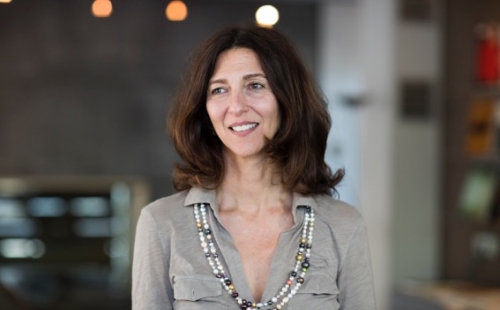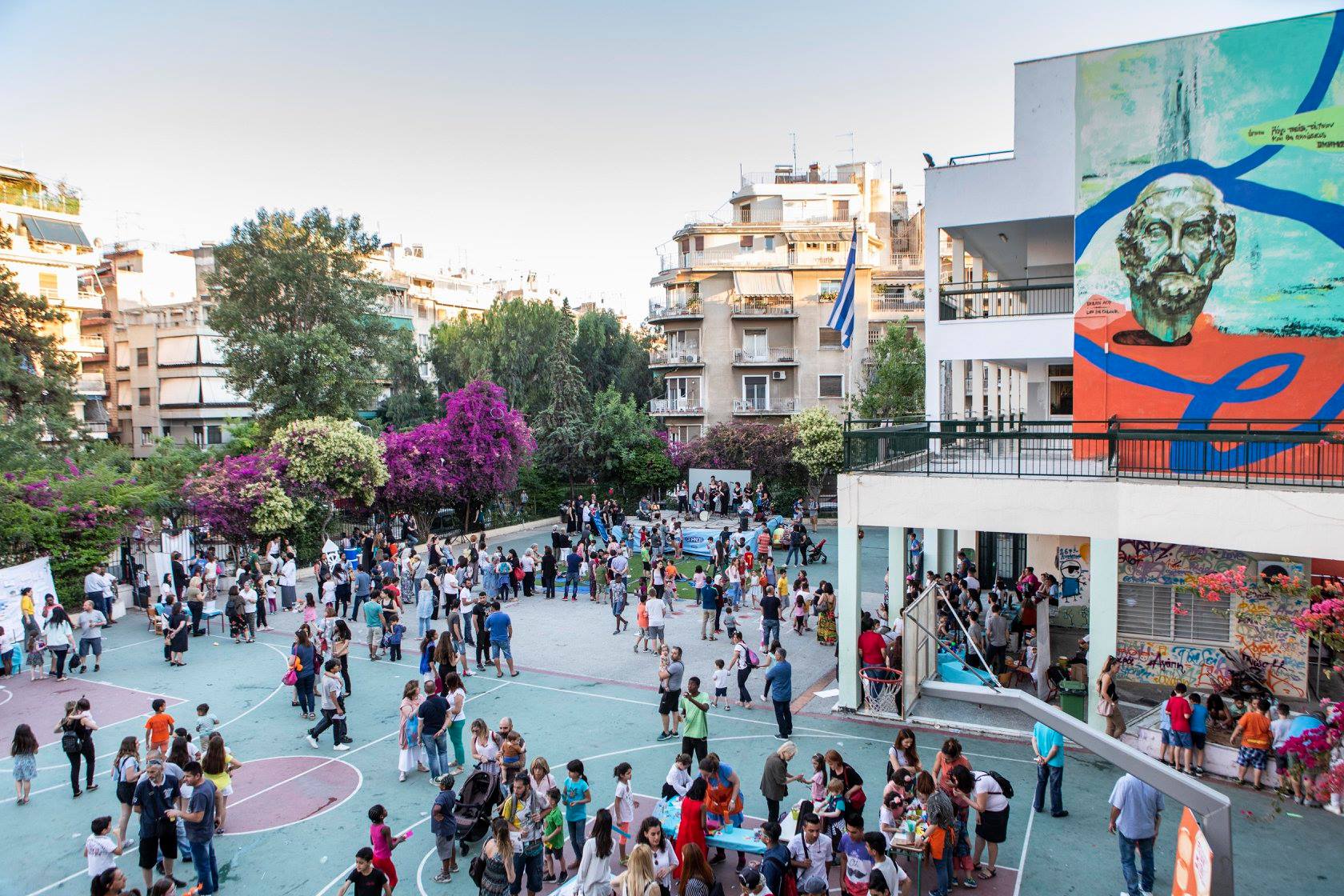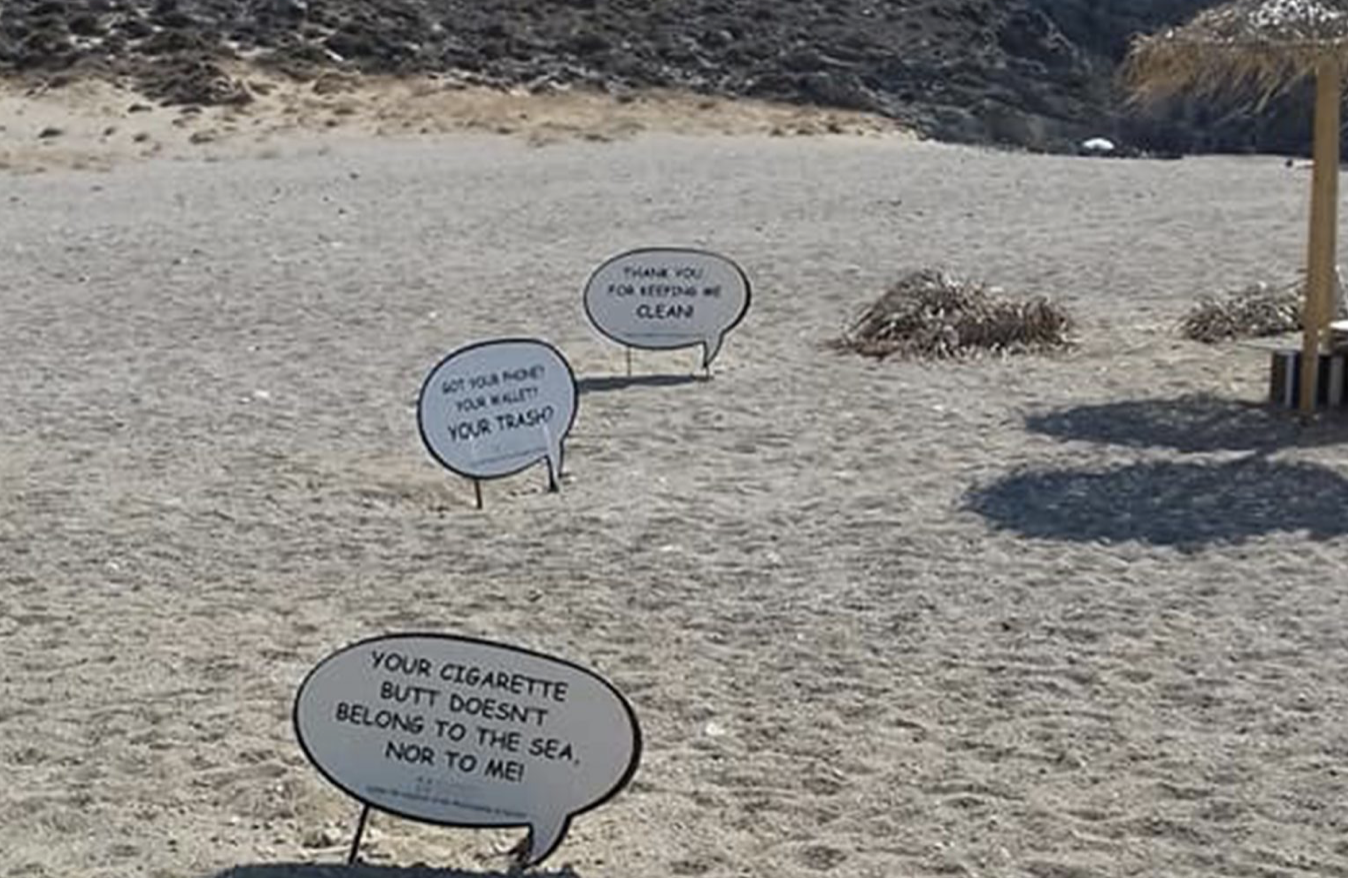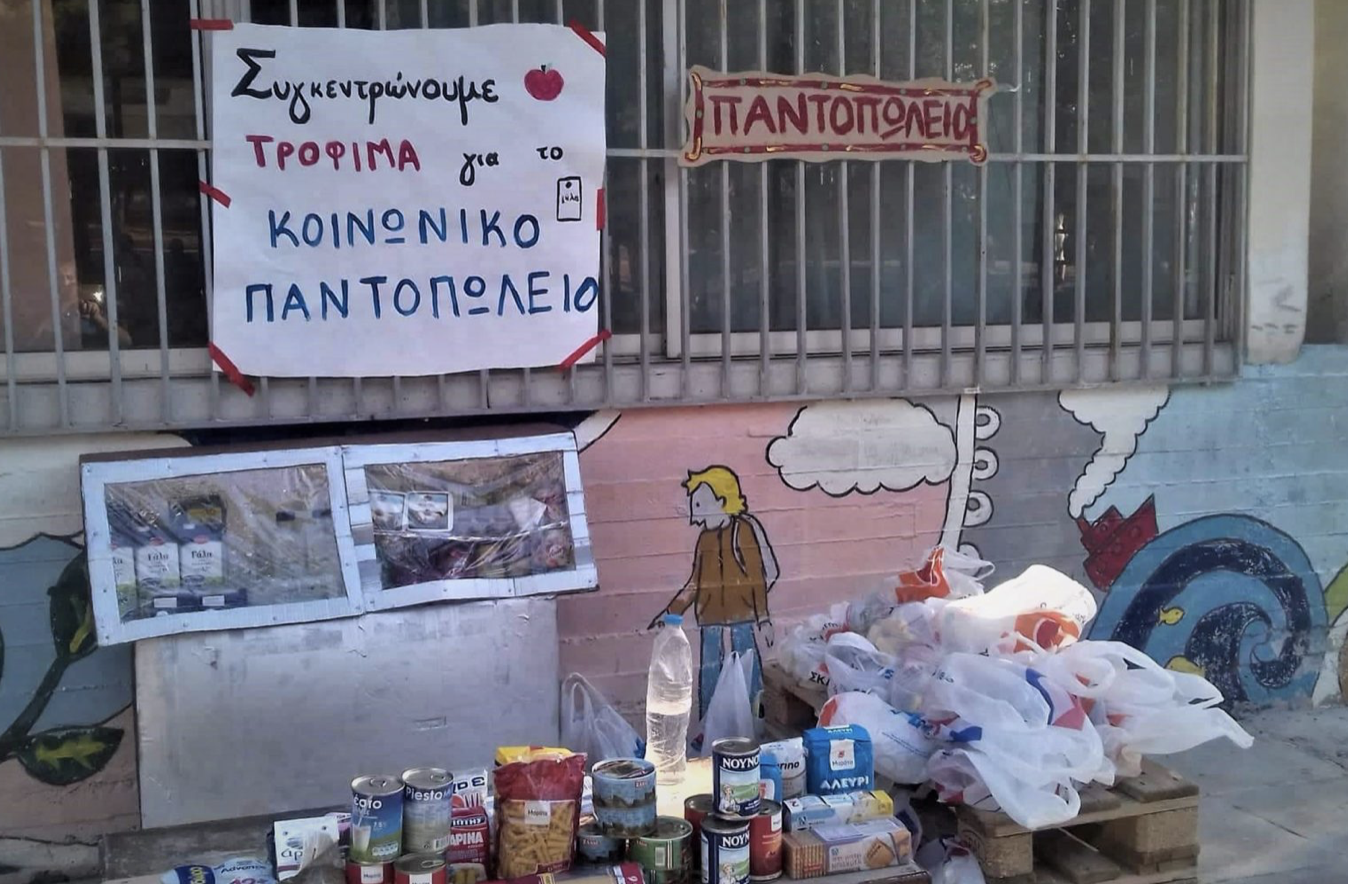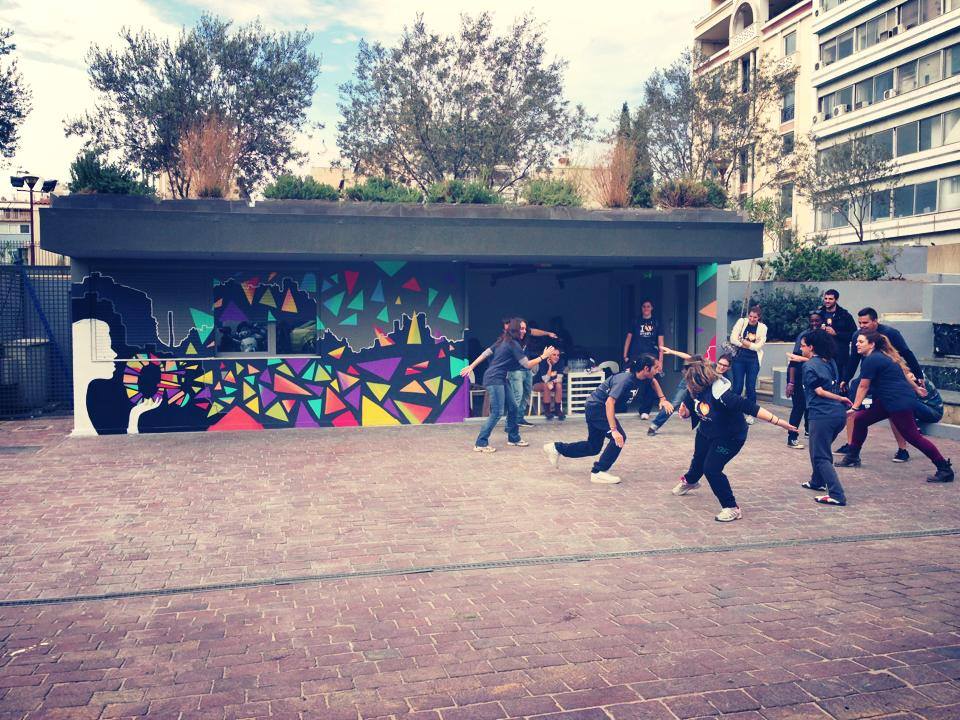
A platform designed to bring together and support the many different citizen groups working to improve Athens.
Pooling the strengths of civil society
Greece’s financial and political crises had significantly reduced the operational capacity of Athens' City Government. At the same time, a vibrant civil society emerged, with large numbers of citizens working to improve their neighbourhoods and communities. So Athens started to identify and include citizens’ input in its decisions to inspire a culture of trust and re-empower its citizens.
A new form of participative governance
synAthina is an initiative by the City of Athens, created in July 2013, under the Vice Mayor's Office for Civil Society and Innovation. It is a municipal platform that brings together, supports and facilitates formal and informal citizen groups involved in improving the quality of life in the city. By coordinating their activities, the municipality reaches out to an untapped resource of knowledge and capacity in the city. It supports community groups to create a dynamic relationship between civil society and local government and to further cultivate their bidirectional bond.
Its methodology is based on four elements: it records the activities of citizens to better learn and understand their priorities through their actions; it connects citizen groups with each other and with the municipality, sponsors, and other institutions; it evaluates activities to help scale up their impact, and it incorporates best practices to improve and update its own services in accordance with the city’s current needs and challenges.
Impact
synAthina has become a dynamic testbed and the basis for various strategic action plans, from co-designing neighbourhoods, re-using empty spaces, or co-managing public buildings. It recently received funding from the European Commission for an action plan piloting the integration of refugees. By its structure, it has become useful and necessary to continue experimenting in uncharted waters. Today, more than 4,000 activities are uploaded on the platform by 415 groups themselves, and many more activities were identified offline.
